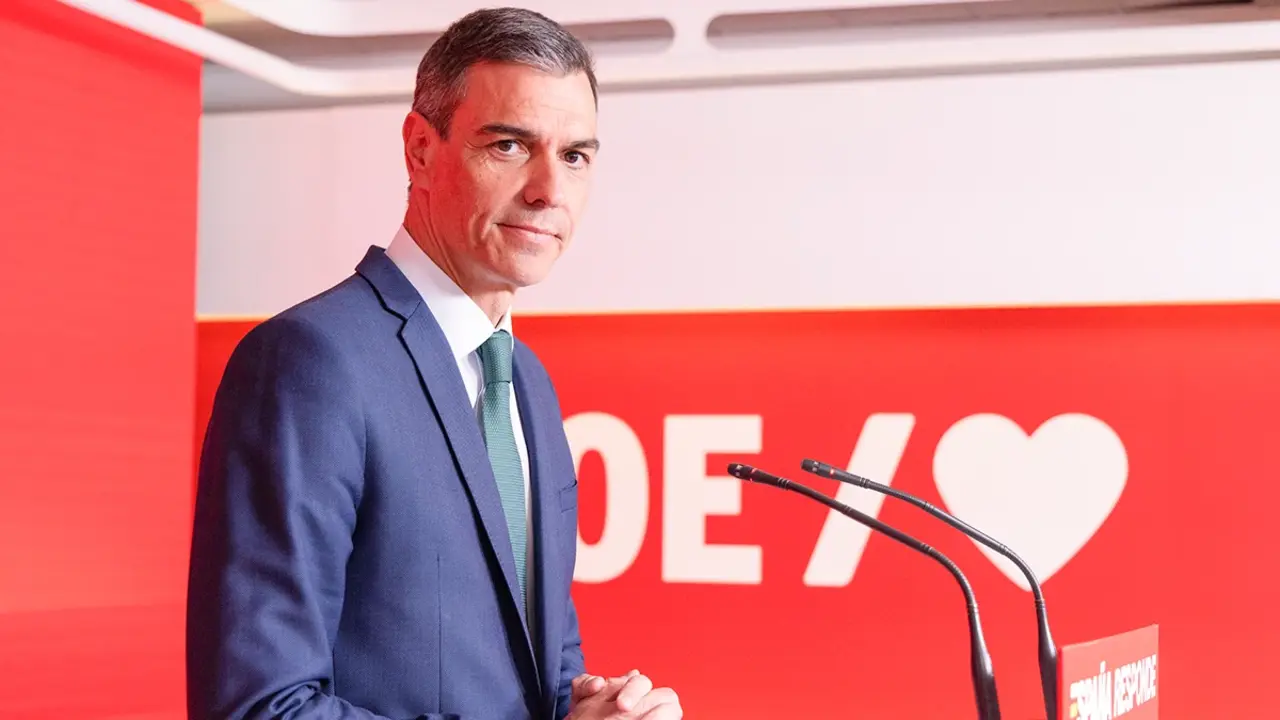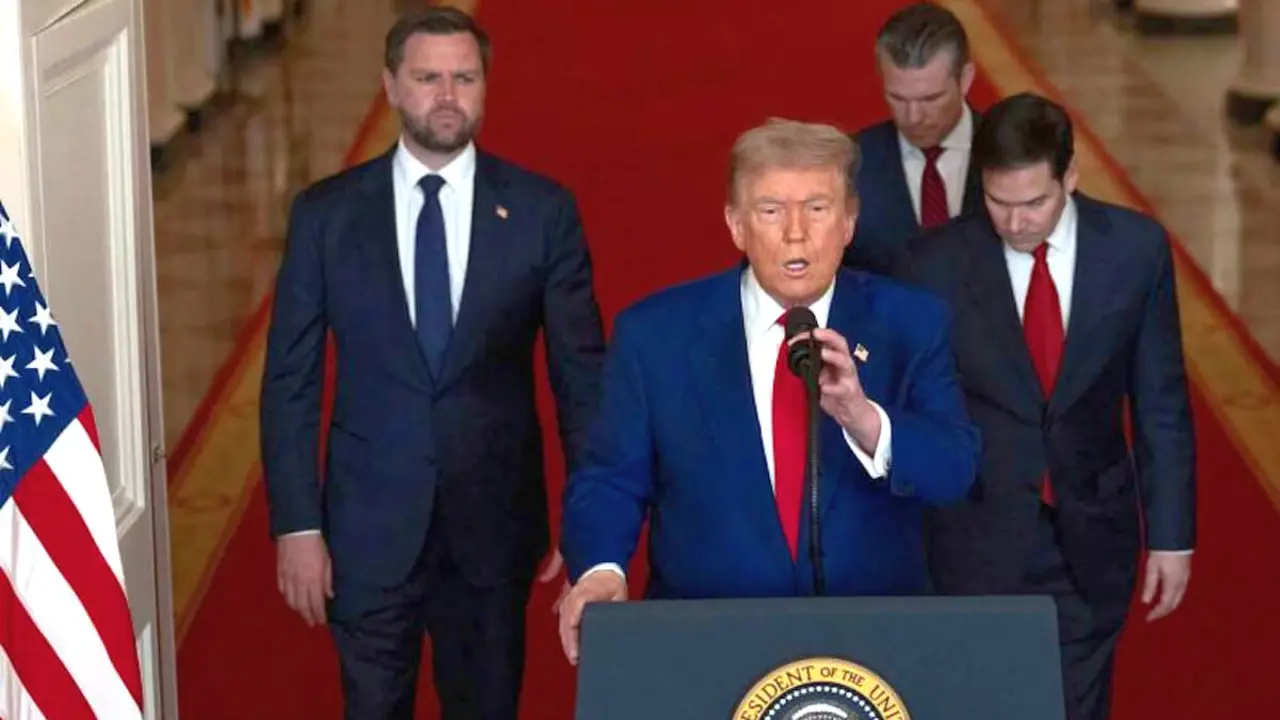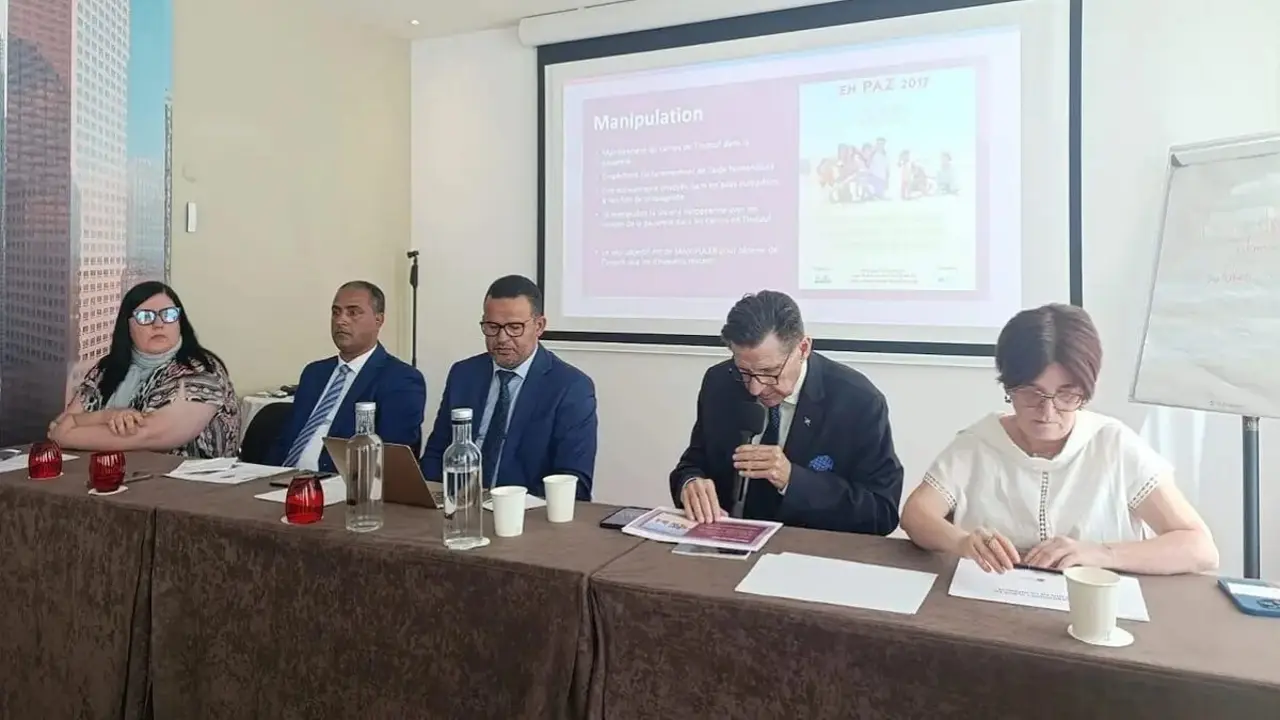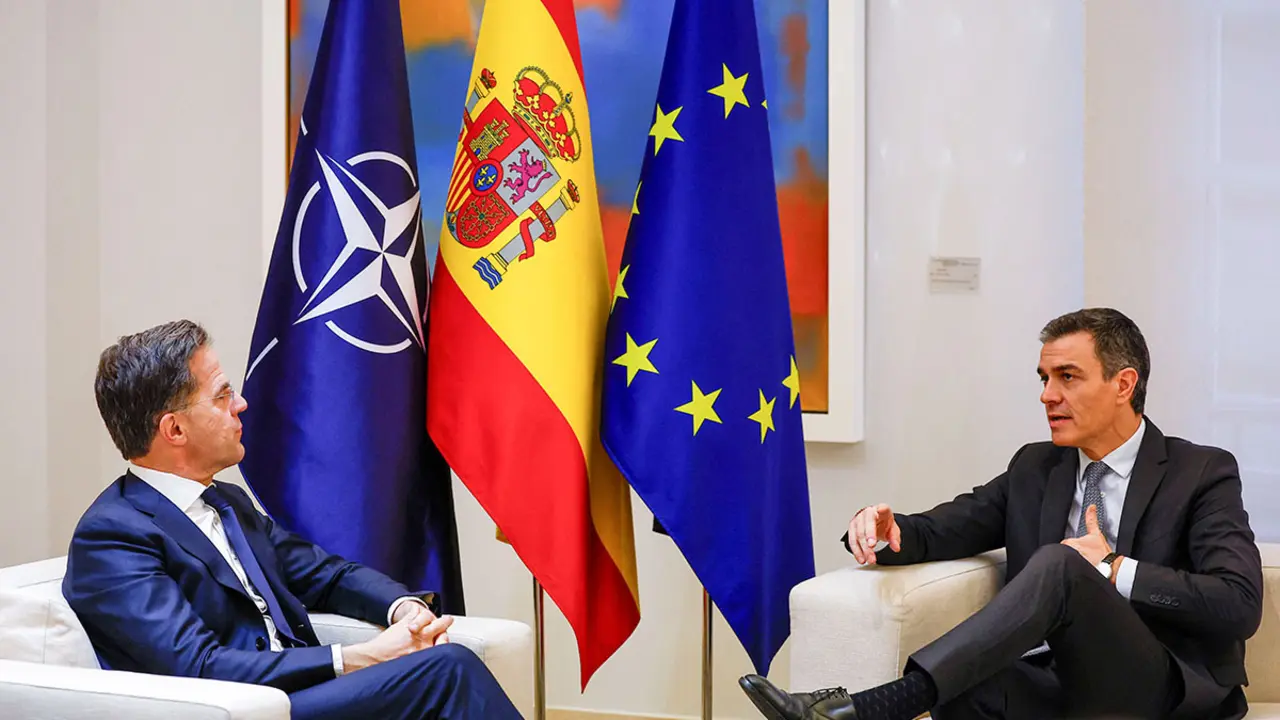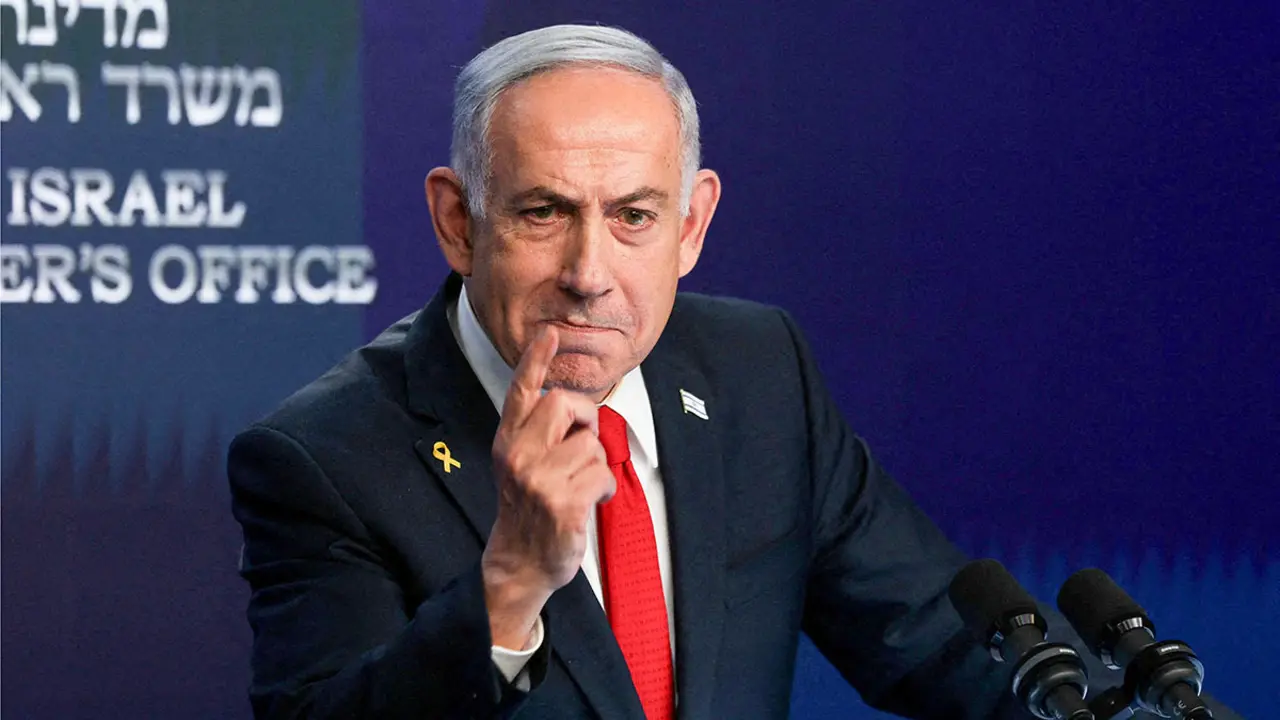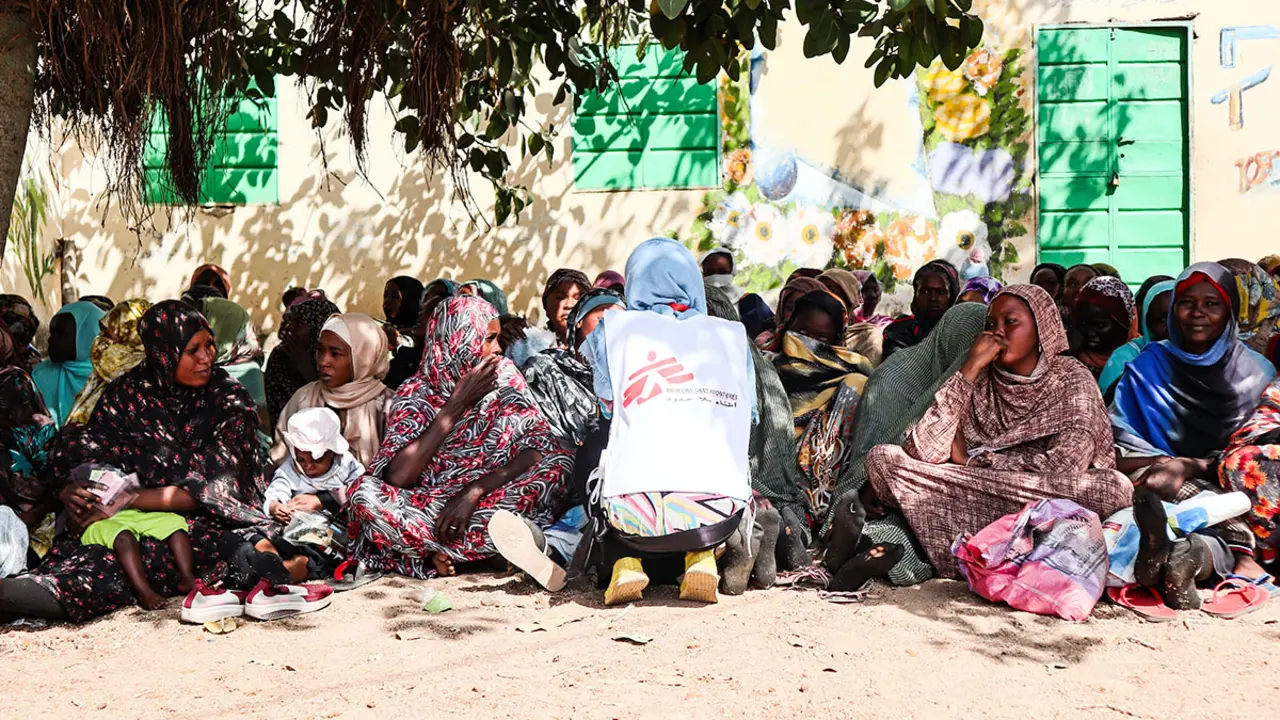How close is Iran to producing a nuclear bomb?

Secret Iranian files recovered earlier this year by Israeli intelligence services indicate that Iran's nuclear programme is more advanced than Western intelligence services and the International Atomic Energy Agency (IAEA) thought.
According to David Albright, a physicist who heads the Institute for Science and International Security (ISIS), a Washington-based non-profit organisation, this finding suggests that if Iran withdraws from the 2015 multilateral nuclear deal, the country will have the know-how to build a bomb fairly quickly, perhaps in less than two years.

If Iran were to accumulate enough fissile material, it would need to assemble a bomb, and probably one small enough to be carried by its ballistic missiles. Exactly how long it would take is unclear, but accumulating enough fissile material is widely seen as the biggest obstacle to producing a weapon.
"In its current situation, Iran sees a nuclear deal as the only way out of the crisis, and hence it is trying to return to the agreement it signed in 2015," IDF Intelligence Major General Tamir Heiman told a news conference last week.
The breaches stretched the "breaking point" for Iran, but estimates still vary. Many diplomats and nuclear experts say the one-year starting point is conservative and Iran would need more time.

Outside the nuclear deal (JCPOA), Israel has once again warned of the risk of Iran developing its nuclear programme. Aviv Kochavi, a senior Israeli military official, has called on Joe Biden to maintain the position adopted by his predecessor on Iran. That is, to exert "maximum possible pressure to dissuade Tehran from taking further steps towards nuclear weapons".
Kochavi pointed to the alliance that exists between his country and other Gulf countries, as well as Egypt, in the fight against Iranian influence and capabilities. The Israeli expressed concern that there could be a nuclear escalation in the Middle East region if Iran's programme continues. Kochavi added that he will continue to act in its immediate surroundings, such as Syria, to continue attacking Iran's support in these countries and undermine its regional influence, which is very present not only in Syria, but also in Iraq, Lebanon and Yemen. "Iran is not only a problem for Israel, but for the world in general," he stressed.

European states have tried to salvage the nuclear deal, pressuring Tehran to comply even as Washington has tightened sanctions and holding out hope for a change in US policy with the arrival of Joe Biden in office.
US intelligence agencies and the IAEA believe Iran once had a nuclear weapons programme that it stopped. There is evidence to suggest that Iran obtained a design for a nuclear weapon and carried out various types of work relevant to making one.
On the other hand, Iran continues to hope for a US return to the Joint Comprehensive Plan of Action (JCPOA), from which the Americans unilaterally exited. Moreover, they are demanding that this return be unconditional and accompanied by an end to restrictions against their country. The JCPOA also has the membership of other world powers; Russia, China, France, Germany and the United Kingdom complete the agreement signed in 2015, created precisely to limit Iran's atomic programme in exchange for providing them with some leeway in terms of international sanctions.

For the time being, the Persian country has no intention of halting the uranium enrichment it is carrying out and claims that it should be the United States that takes the step towards a return to the Joint Comprehensive Plan of Action, something that, despite being seen with more optimism following the arrival of Joe Biden in the White House, does not seem to be close. In fact, the recently appointed Secretary of State, Antony Blinken, has reached out to reconciliation. However, he has made it clear that the Iranians should be the ones to backtrack and return to the nuclear deal: "Iran must announce compliance with its obligations and an end to the threats, and then the United States will verify compliance before returning".
Iran has violated many of the deal's restrictions, but continues to cooperate with the IAEA and grant access to inspectors under one of the most intrusive nuclear verification regimes imposed on any nation.
Tehran, for its part, has gradually abandoned the restrictions imposed by the agreement. In recent weeks, the ayatollahs' regime raised its uranium enrichment rate to 20 per cent. Moreover, the aforementioned manoeuvres have not been the only ones organised by the Islamic Republic, further undermining the diplomatic process to bring the US back into the pact.


